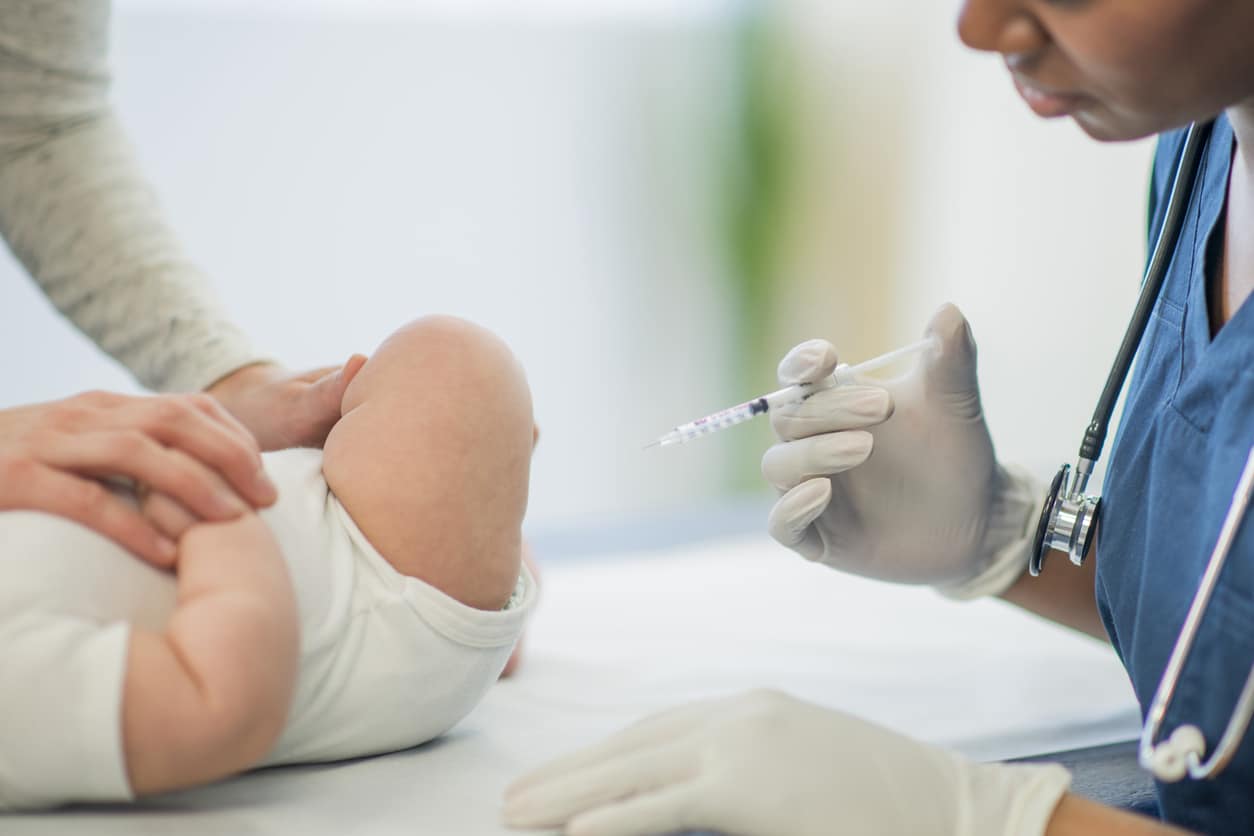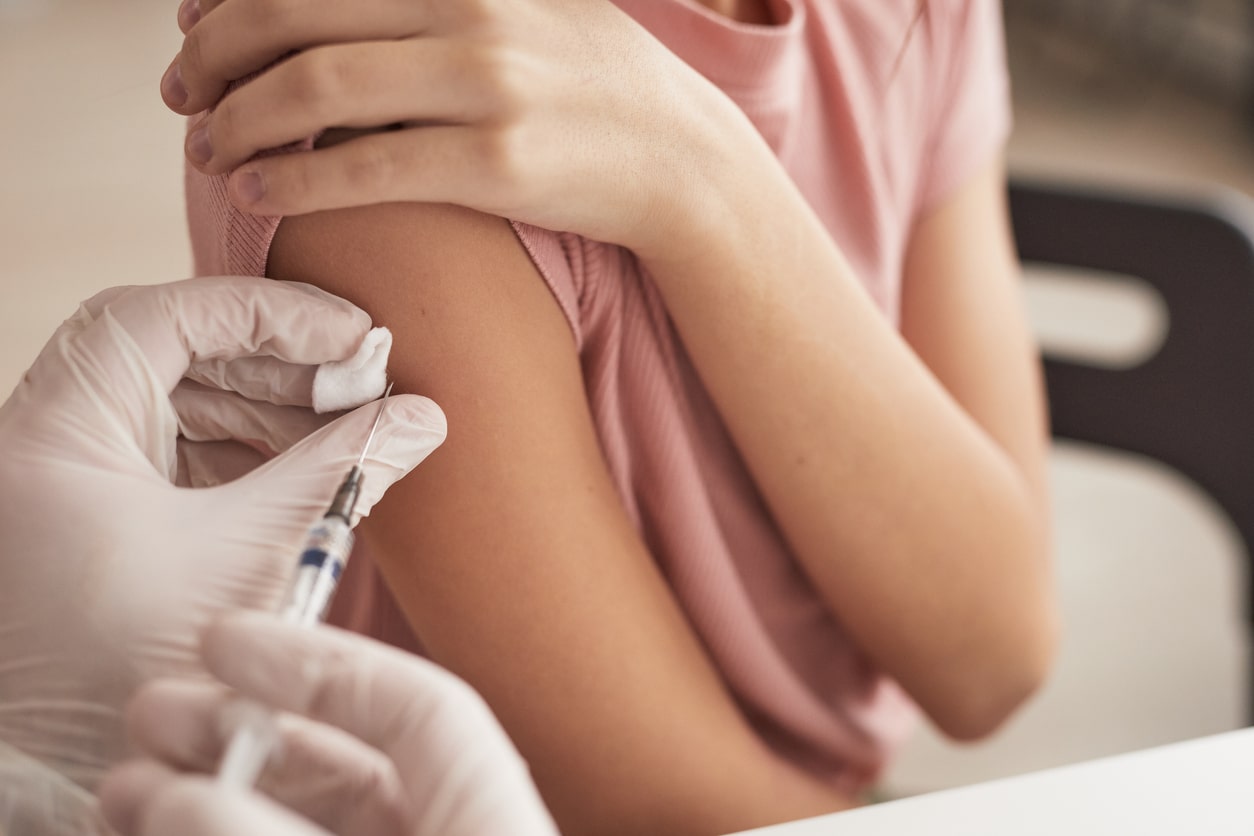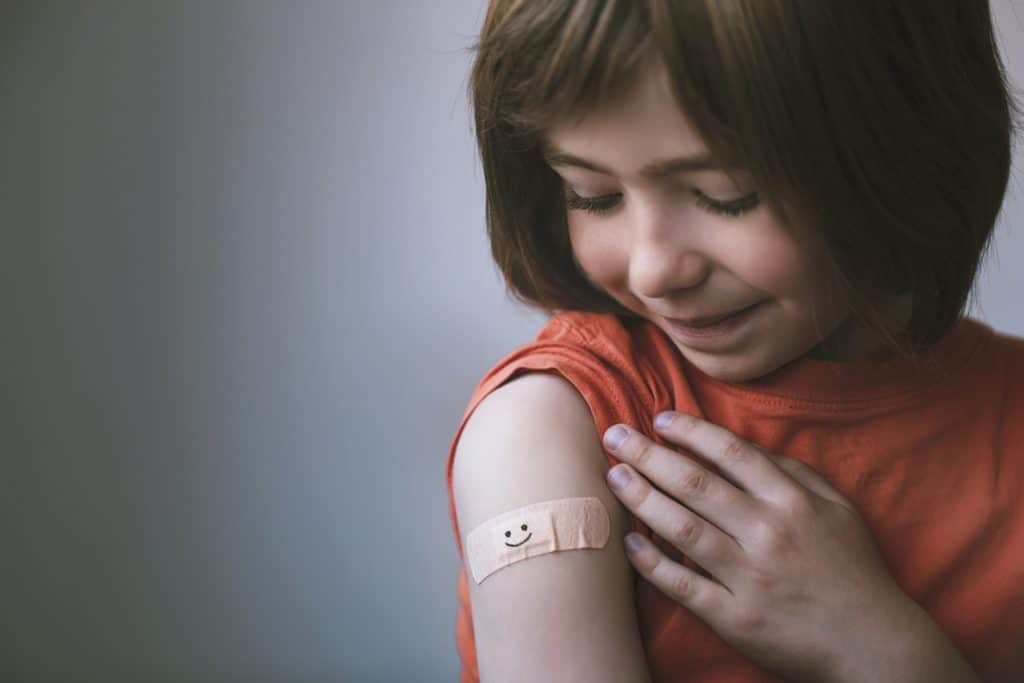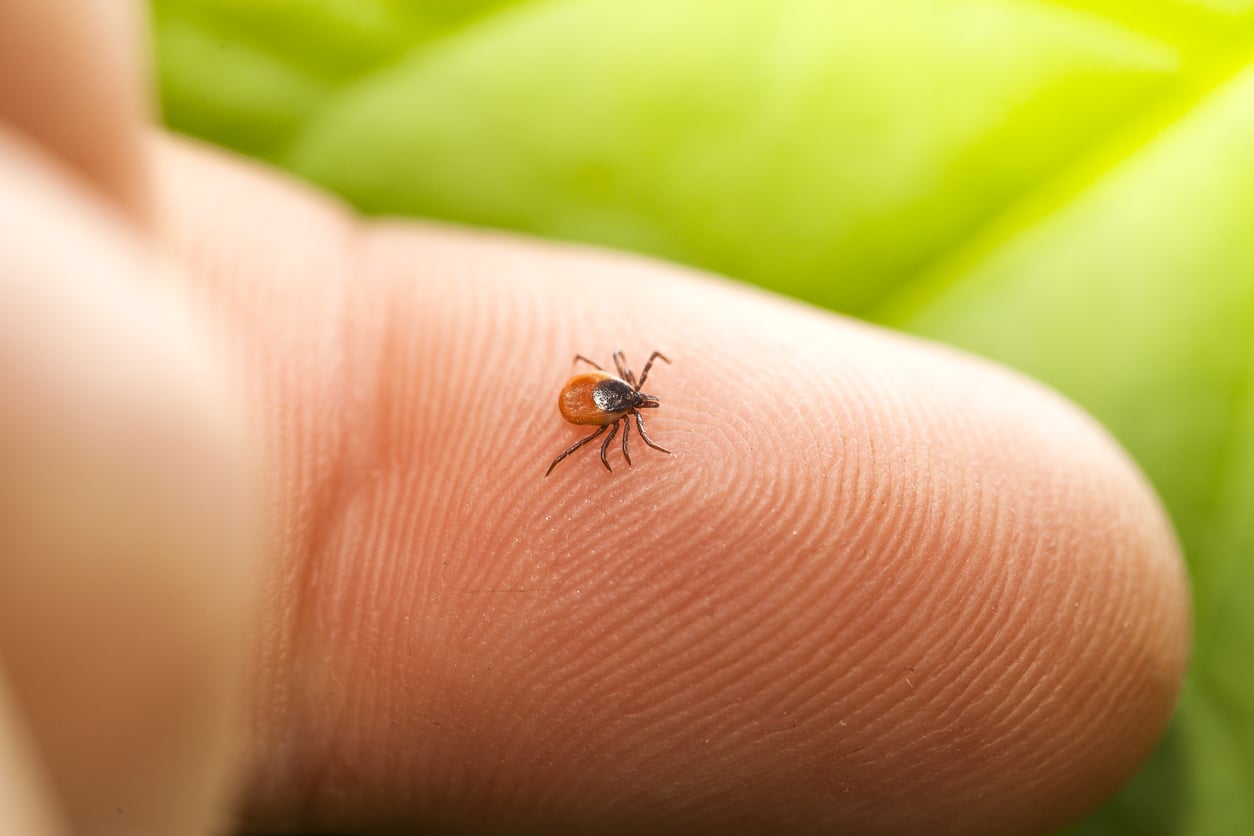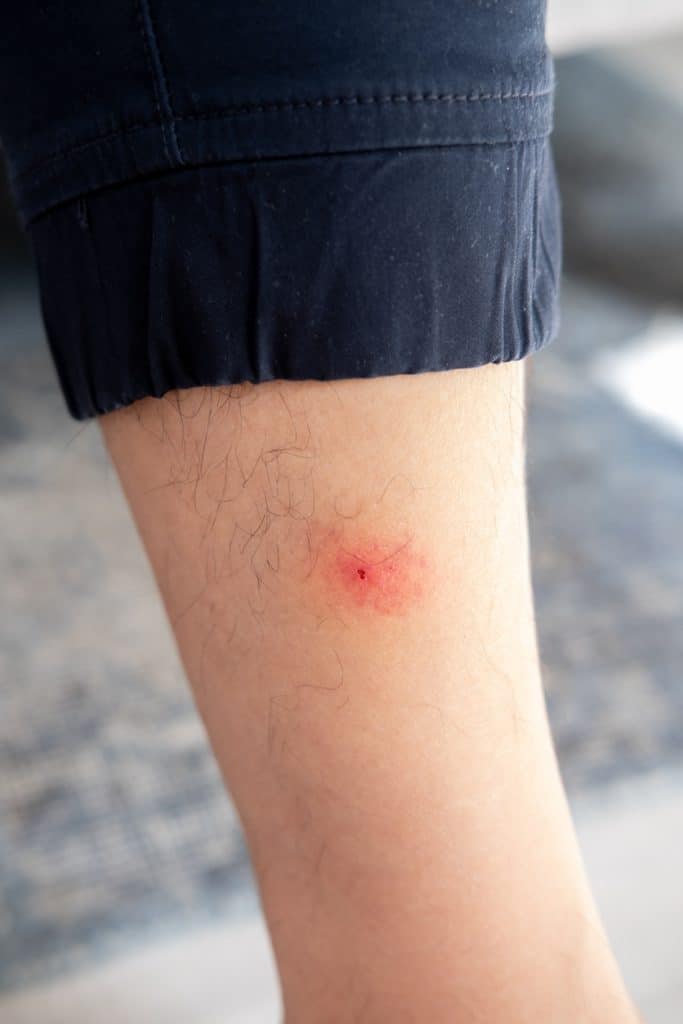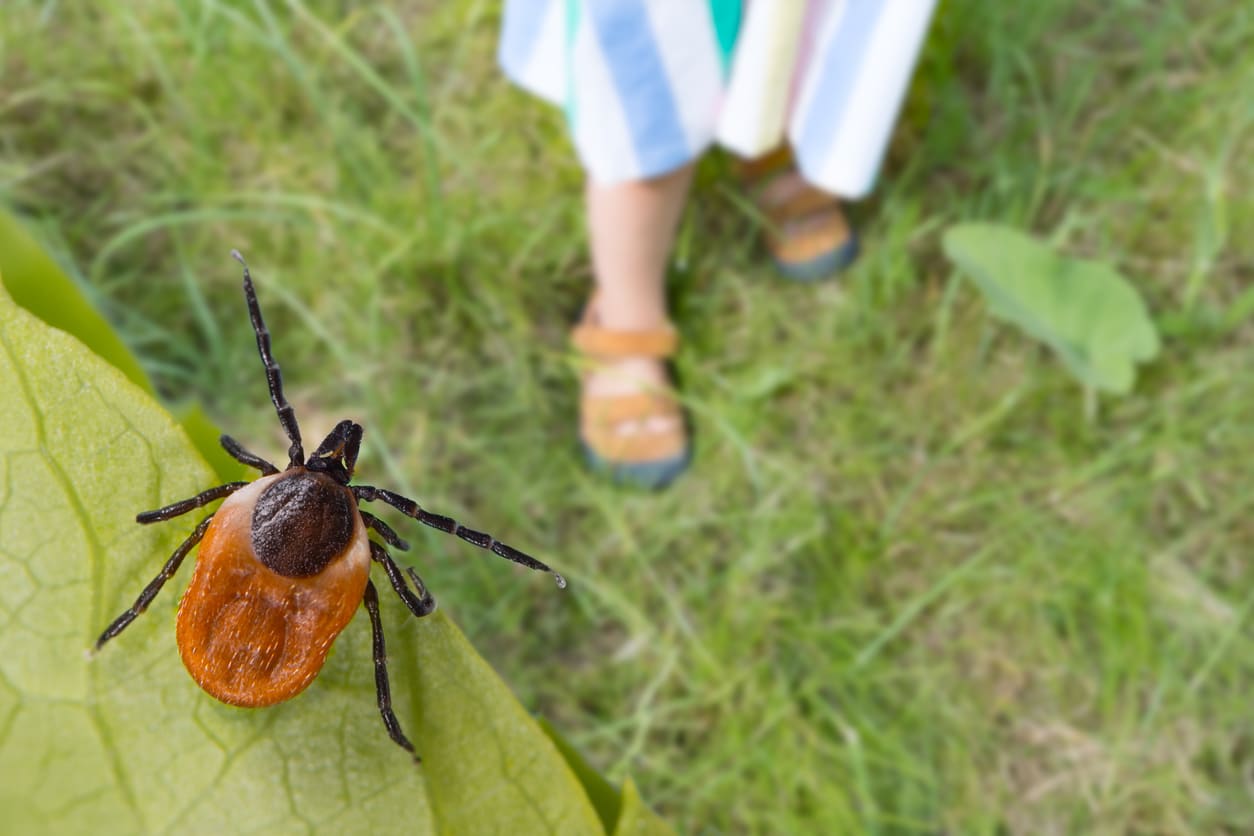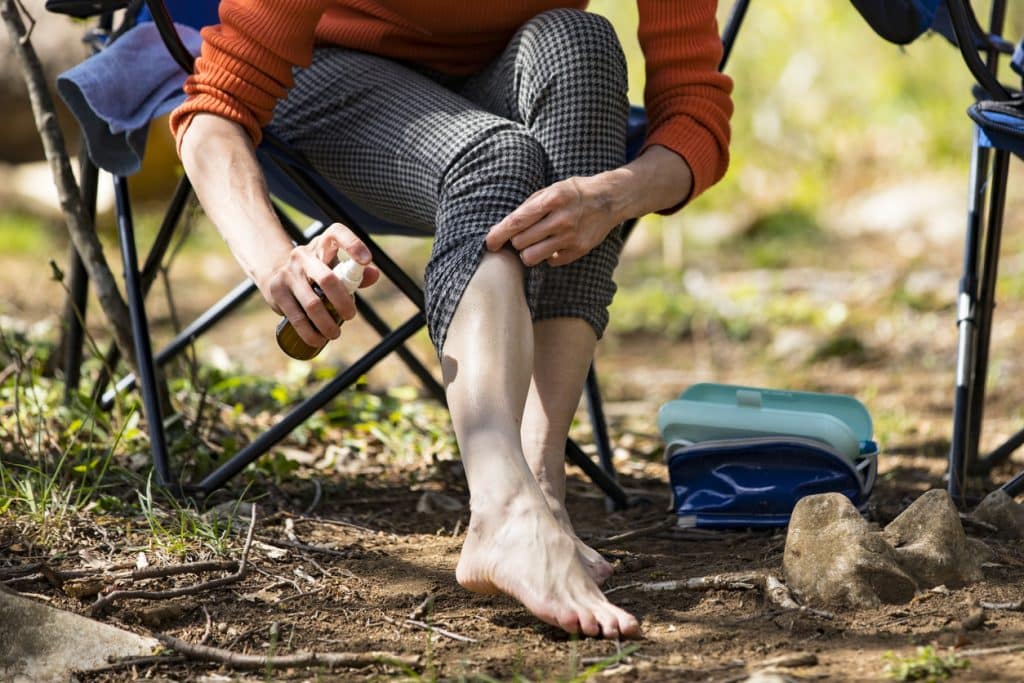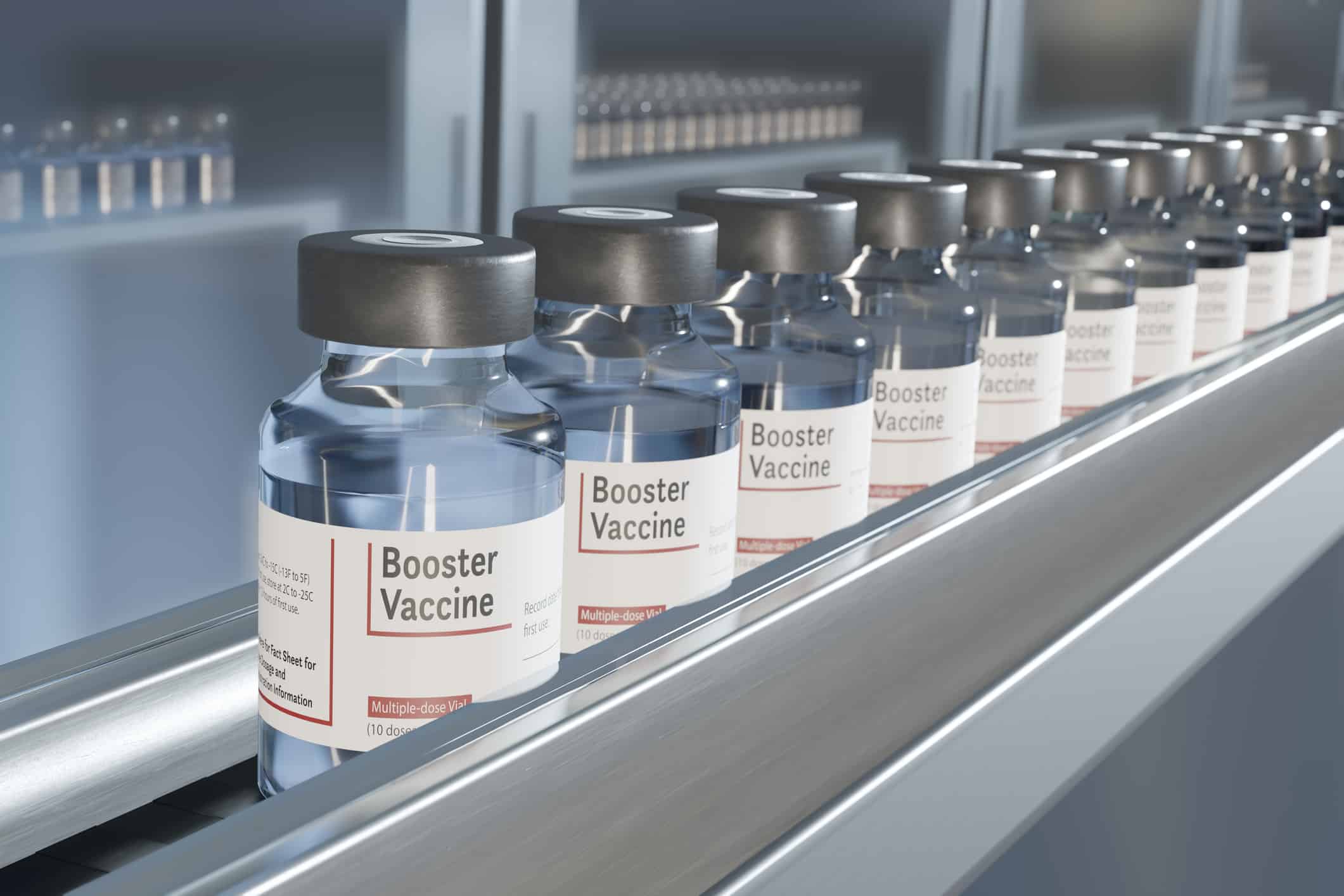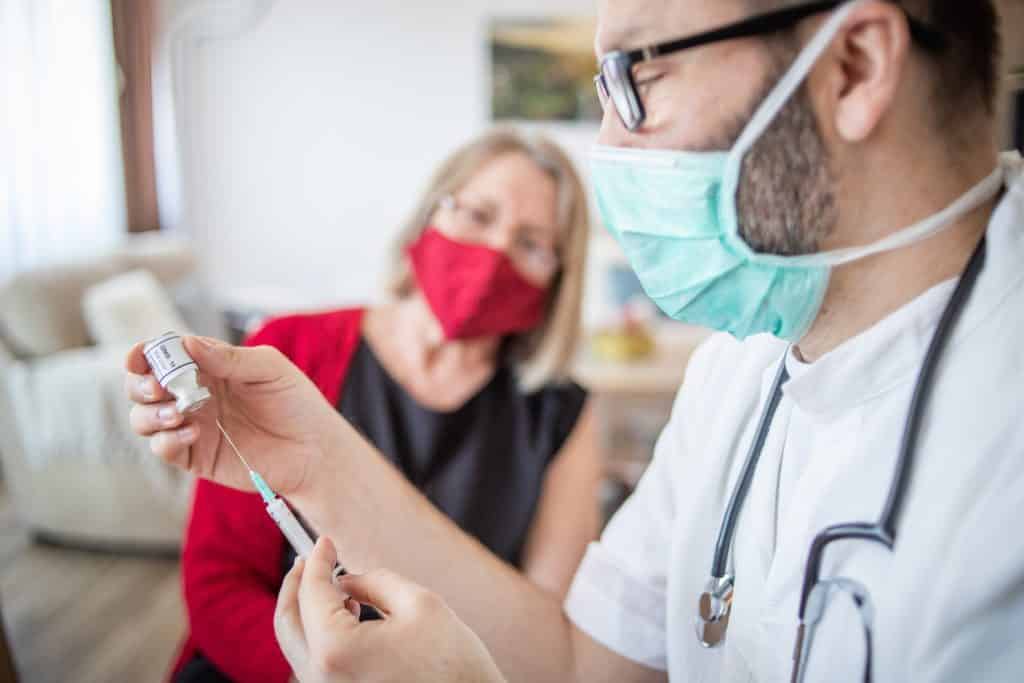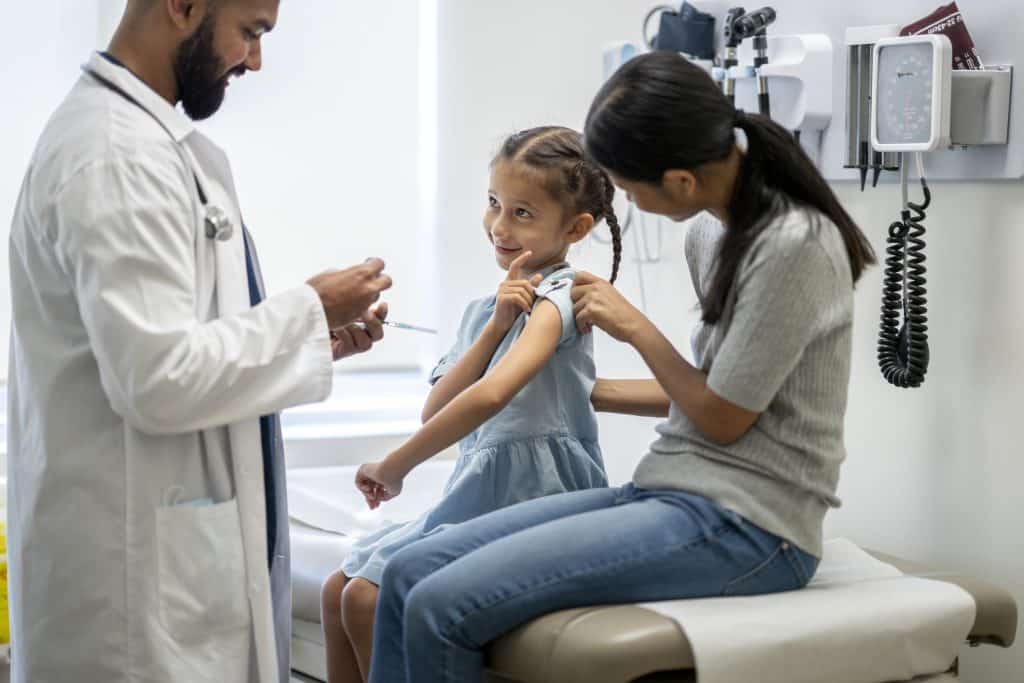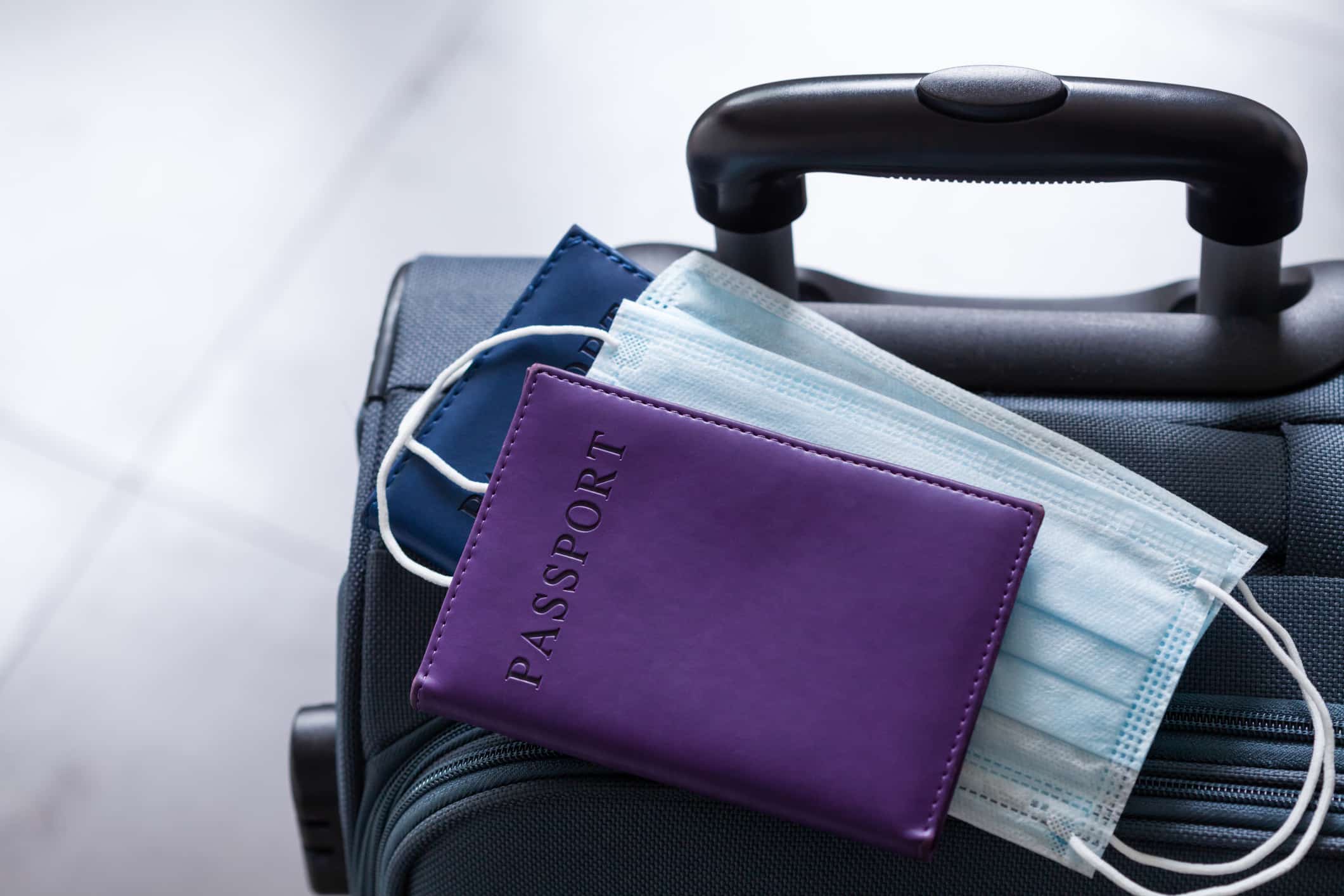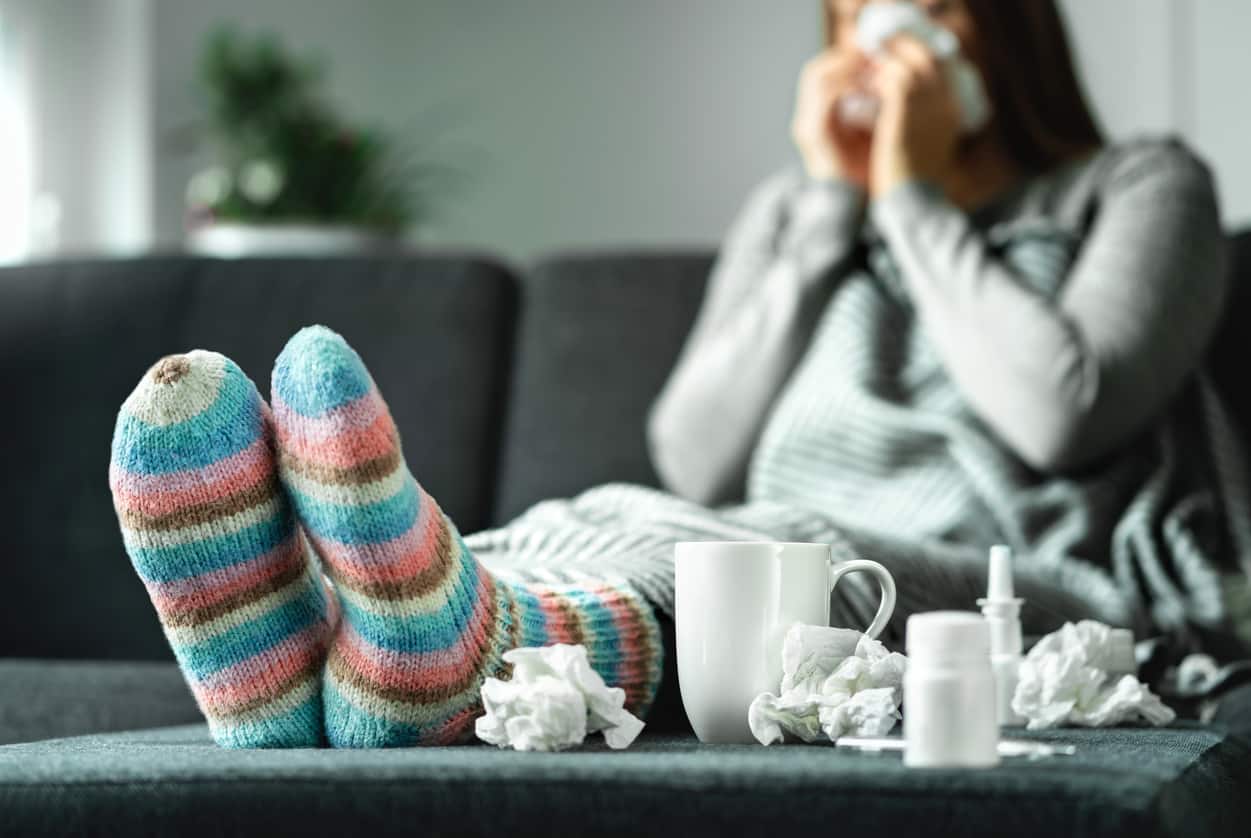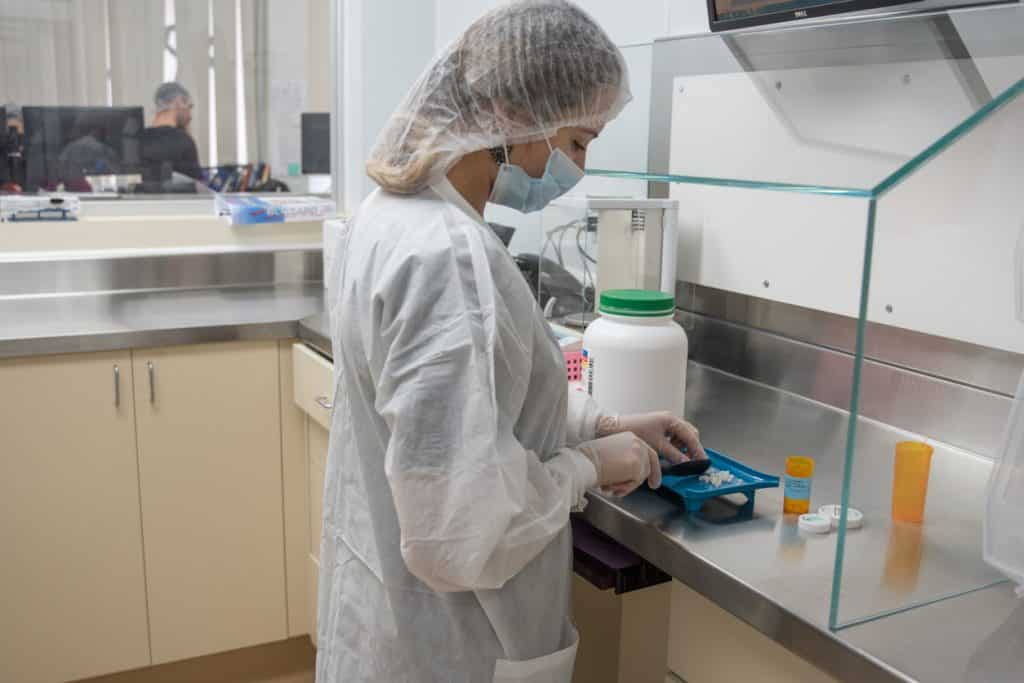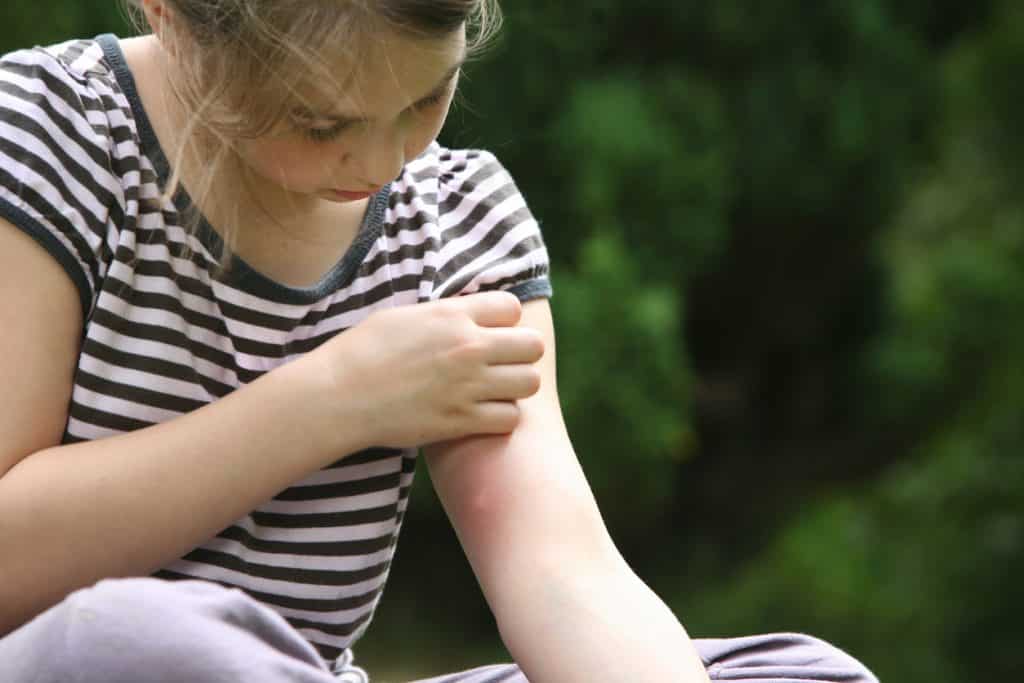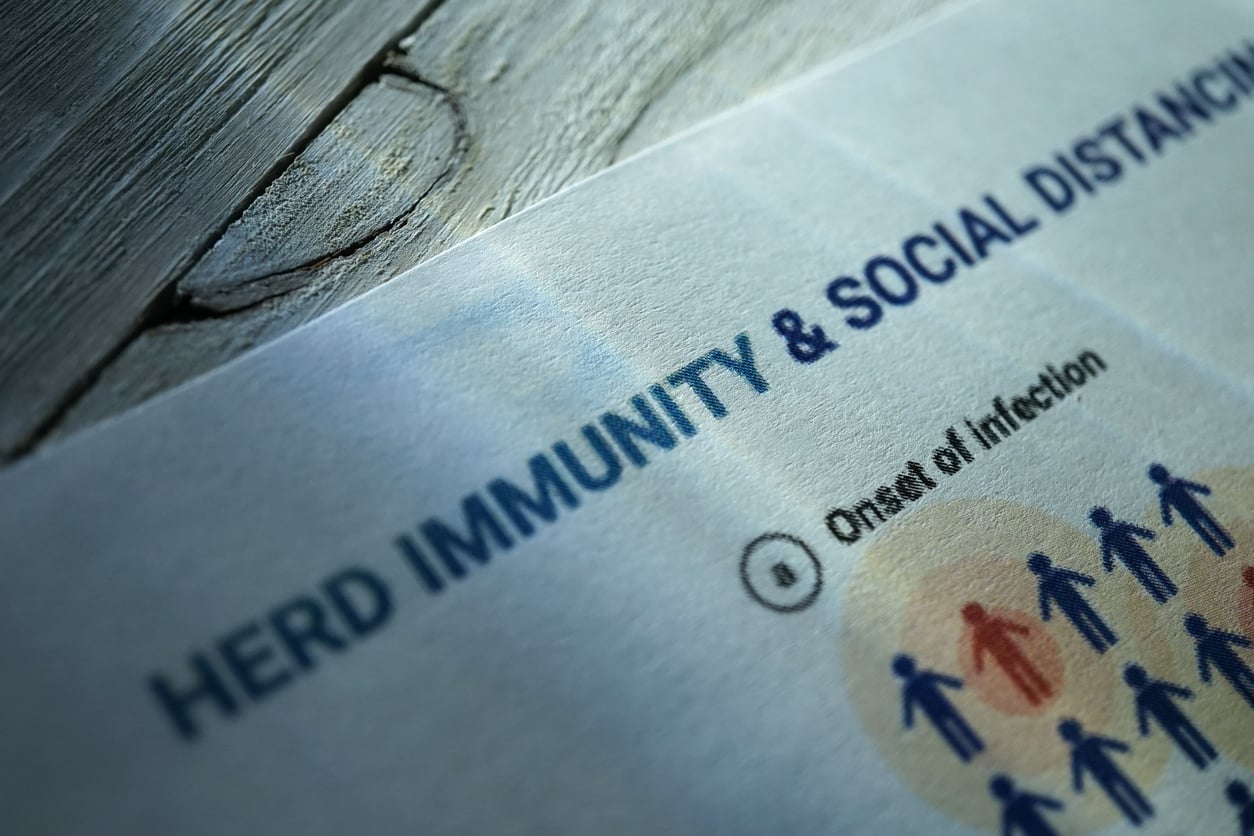Which vaccinations in Calgary are administered to infants, and why
Vaccinations work to protect us from disease and viral infections that can impede our health, sometimes to a dangerous degree. As a general rule, it is always imperative to receive vaccines when you’re young to become immune. This is especially true when vaccinating infants and children, where vaccination will be crucial to a child’s development. Babies at any age are susceptible to contracting such illnesses, which can be highly detrimental to their health if they are unvaccinated. Babies should be vaccinated between 12 and 18 months of age to prevent sickness and build immunity early in life. While these vaccinations are imperative to get, many parents may question what vaccinations in Calgary their infants will need and why.
Find out the vaccinations that infants need most, how they help in the early stages of life, and why they are imperative for each infant to receive.
Hep B
Hep B is a vaccine that an infant will first receive within the first 24 hours of birth. Three doses of Hep B are required, the second vaccine will be administered at one or two months of age, and the third vaccine will be given to an infant between six and 18 months of age. This vaccination is needed to fight off serious infections that can result in more severe and chronic conditions later on in life.
DTaP
This particular vaccine is typically given to an infant at two months, where it is vital in protecting a baby from diphtheria, tetanus, and acellular pertussis. These conditions can cause serious throat infections, the production of deadly bacteria and toxins, and violent coughing fits. This vaccine requires five doses that are doled out over a five-year period.
Hib
The Haemophilus influenzae type B vaccine also referred to as Hib, is four doses doled out over the first year of an infant’s life. This vaccine will prevent illnesses and conditions that range in severity, including pneumonia, meningitis, and ear infections.

IPV
The IPV vaccine, also known as the polio vaccine, is a four-part vaccine that is doled out over a four-year span. The first vaccine is administered at two months of age and will prevent a disease that can cause paralysis and permanent disability.
PCV13
The pneumococcal vaccine requires four doses over a 15-month span, with the first vaccine being administered at two months of age. This vaccine will prevent bacteria from entering the lungs and causing severe conditions that eventually result in sepsis. Since infants have started to receive this vaccine, cases of infant meningitis and ear infections have reduced.
RV
The rotavirus vaccine will prevent diarrhea and vomiting in children and other conditions associated with and can cause abdominal pain. This vaccine should be given to an infant starting at two months, and two other doses should be administered until six months of age.
MMR
The MMR vaccine is given to an infant between the ages of 12 to 15 months of age, and a second dose is further administered between four and six years of age. This vaccine is imperative in protecting against measles, mumps, and rubella. Once the two doses are received, immunity against these illnesses remains for life.
Chickenpox
The varicella vaccine protects against chickenpox and requires two doses, one for infants between the ages of 12 and 15 months and a second for children between four and six years old.
Springborough Pharmasave is your health professionals committed to serving the Springborough community. Our pharmacy in SW Calgary will provide you with all the important services you need for your health, including healthcare advice and medical products. All our programs and services will be tailored to the needs of our consumers. We offer vaccinations, flu shots, breast pump rentals, and can act as your travel clinic in Calgary. Giving back to the community is a core value at Pharmasave, and we are proud of our work to help the Springborough community. Visit us at 104-30 Springborough Blvd, Southwest Calgary or call us on (403) 453-6113.

